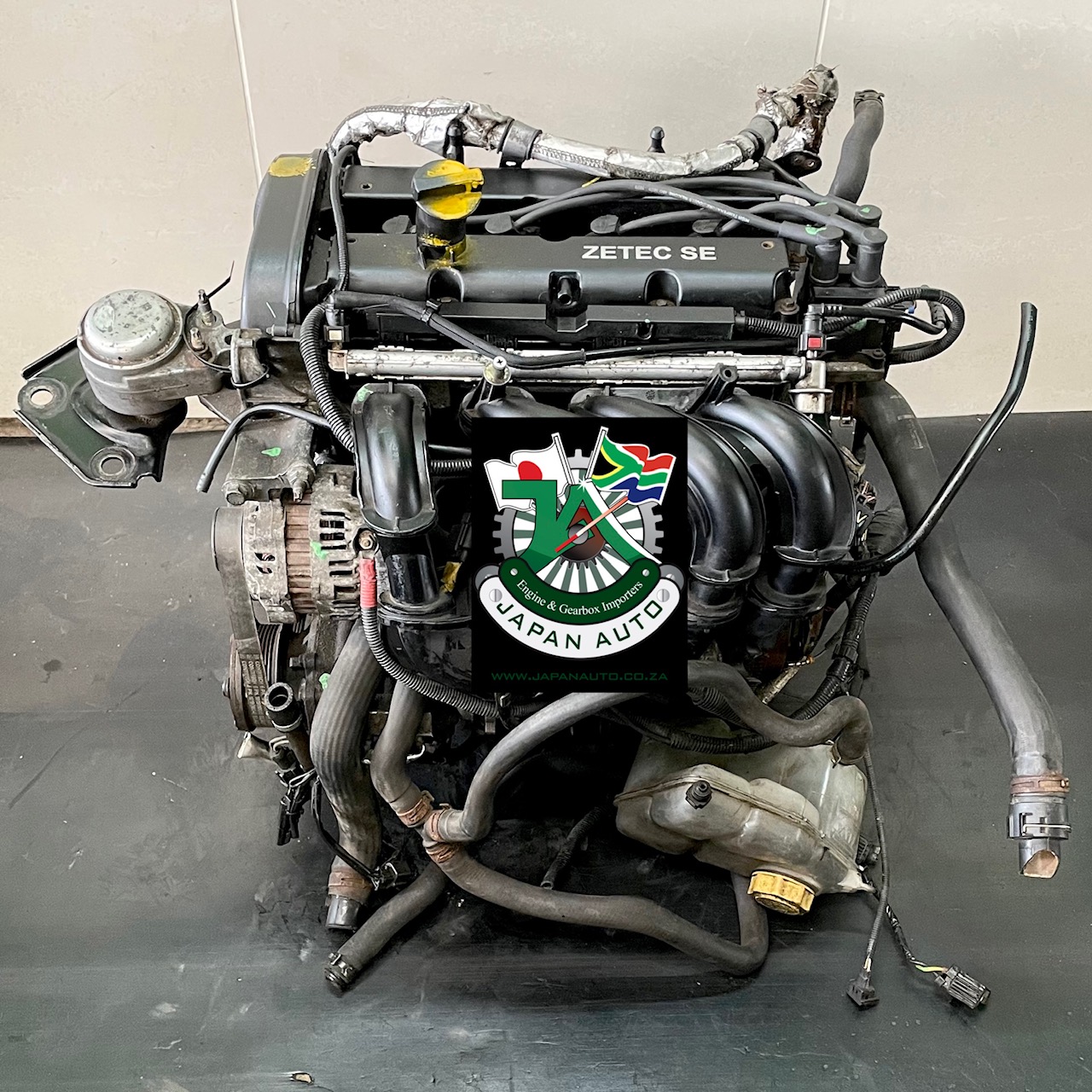Opening the Power of Engines: A Comprehensive Guide to Performance and Efficiency
Understanding the intricate technicians of engines is essential for both performance enthusiasts and day-to-day chauffeurs. The responses may redefine our technique to engine performance and efficiency in means that are both informing and essential.
Comprehending Engine Essentials
What constitutes the essential mechanics of an engine? At its core, an engine is a machine created to transform fuel right into mechanical energy with a series of controlled explosions or combustion processes.
The crankshaft after that transforms this direct motion into rotational power, which eventually powers the lorry. The camshaft regulates the opening and closing of the valves, regulating the consumption of air and fuel and the expulsion of exhaust gases. Furthermore, the engine depends on a meticulously calibrated fuel-air blend, ignition system, and cooling system to make sure optimum performance and efficiency.
Recognizing engine essentials also entails identifying the significance of engine cycles, such as the four-stroke cycle, that includes consumption, compression, exhaust, and power strokes. Each phase is essential in guaranteeing the engine operates efficiently and successfully. Mastery of these fundamental mechanics prepares for exploring a lot more intricate engine characteristics and efficiency metrics, vital for optimizing both power result and performance.
Trick Efficiency Metrics
Trick efficiency metrics are necessary for assessing an engine's performance and power output, giving beneficial insights for both makers and consumers. These metrics work as criteria for engine efficiency, permitting informed decisions in production, buying, and design.
One of the key metrics is horsepower, which evaluates the engine's capacity to execute work over time. Torque, gauged in pound-feet, is another important statistics that indicates the engine's rotational force, directly affecting acceleration and pulling capability. Fuel performance, generally determined in miles per gallon (MPG) or litres per 100 kilometers (L/100km), examines how efficiently the engine transforms fuel into motion, affecting operational prices and ecological factors to consider.
Furthermore, thermal performance procedures how well an engine transforms gas energy right into useful job, revealing understandings into energy losses mostly via warmth. Emission degrees, consisting of carbon dioxide and NOx, are likewise crucial, reflecting the engine's environmental influence and conformity with regulative requirements.

Tuning Methods for Efficiency
Tuning strategies play a substantial function in improving engine performance by enhancing efficiency metrics determined in earlier discussions (ford fiesta engine). Numerous techniques exist to adjust an engine, each contributing to improved gas economy why not find out more and lowered discharges
One effective method is changing the air-fuel ratio, guaranteeing the engine runs within the optimal combustion program. A leaner mixture can improve fuel effectiveness, but it needs to be balanced to prevent misfires or engine knock. Furthermore, reprogramming the engine management system can alter criteria such as ignition timing, which even more improves efficiency while preserving power output.
An additional important method includes changing the consumption and exhaust systems. Upgrading to high-performance air filters and exhaust headers can lower back stress, helping with far better airflow. This enables the engine to breathe more easily, leading to enhanced burning performance.
Additionally, the execution of sophisticated adjusting tools, like dyno testing, provides precise data that makes it possible for targeted adjustments. Frequently monitoring these performance metrics makes certain that adjusting efforts yield the wanted performance end results. Jointly, these techniques not just bolster engine efficiency but also add to lasting sustainability in engine operations.
Upkeep for Optimum Efficiency
Regular engine upkeep is necessary for attaining optimal performance and durability. A well-kept engine not just runs successfully however additionally reduces the risk of expensive repair work and failures. Trick components requiring normal interest consist of oil, filters, belts, and ignition system.
Transforming the engine oil at advised official statement intervals is vital, as oil lubricates moving components and stops overheating. Changing oil and air filters makes certain that contaminants do not harm engine function. Disregarding these parts can lead to decreased performance and prospective engine damages.
In addition, evaluating and changing worn belts and pipes is vital to prevent abrupt failings. Timing belts, particularly, ought to be replaced according to the maker's routine to prevent catastrophic engine damages.
Flicker connects should additionally be inspected and changed as necessary, considering that they play an important duty in ignition and fuel effectiveness.
Future Trends in Engine Technology
Embracing improvements in innovation, the future of engine style is poised to reinvent performance and performance across different applications. Among one of the most significant trends is the change toward electrification. Crossbreed and completely electrical powertrains are coming to be increasingly mainstream, supplying reduced emissions and boosted fuel effectiveness. This shift is not simply a need yet a fad driven by governing pressures and customer need for sustainable solutions.
In addition, technologies in products science are leading to lighter, stronger parts that boost engine performance while decreasing energy usage. Advanced production strategies, such as 3D printing, permit the production of complicated geometries that boost air flow and Clicking Here thermal management, thus enhancing burning procedures.
In addition, the assimilation of synthetic knowledge and artificial intelligence is established to change engine diagnostics and performance adjusting. These modern technologies can analyze vast quantities of data in real time, making it possible for anticipating maintenance and customized performance enhancements.
Verdict
In verdict, unlocking the power of engines needs a comprehensive understanding of their auto mechanics and efficiency metrics. Carrying out efficient adjusting methods and sticking to routine maintenance techniques substantially boost engine capabilities.
Furthermore, the engine counts on a very carefully adjusted fuel-air blend, ignition system, and cooling system to ensure optimum performance and performance.
Recognizing engine fundamentals also entails acknowledging the significance of engine cycles, such as the four-stroke cycle, which includes consumption, power, compression, and exhaust strokes. Proficiency of these essential technicians lays the groundwork for exploring much more complex engine characteristics and performance metrics, essential for maximizing both power output and effectiveness.

Embracing developments in modern technology, the future of engine style is positioned to reinvent performance and performance throughout numerous applications.